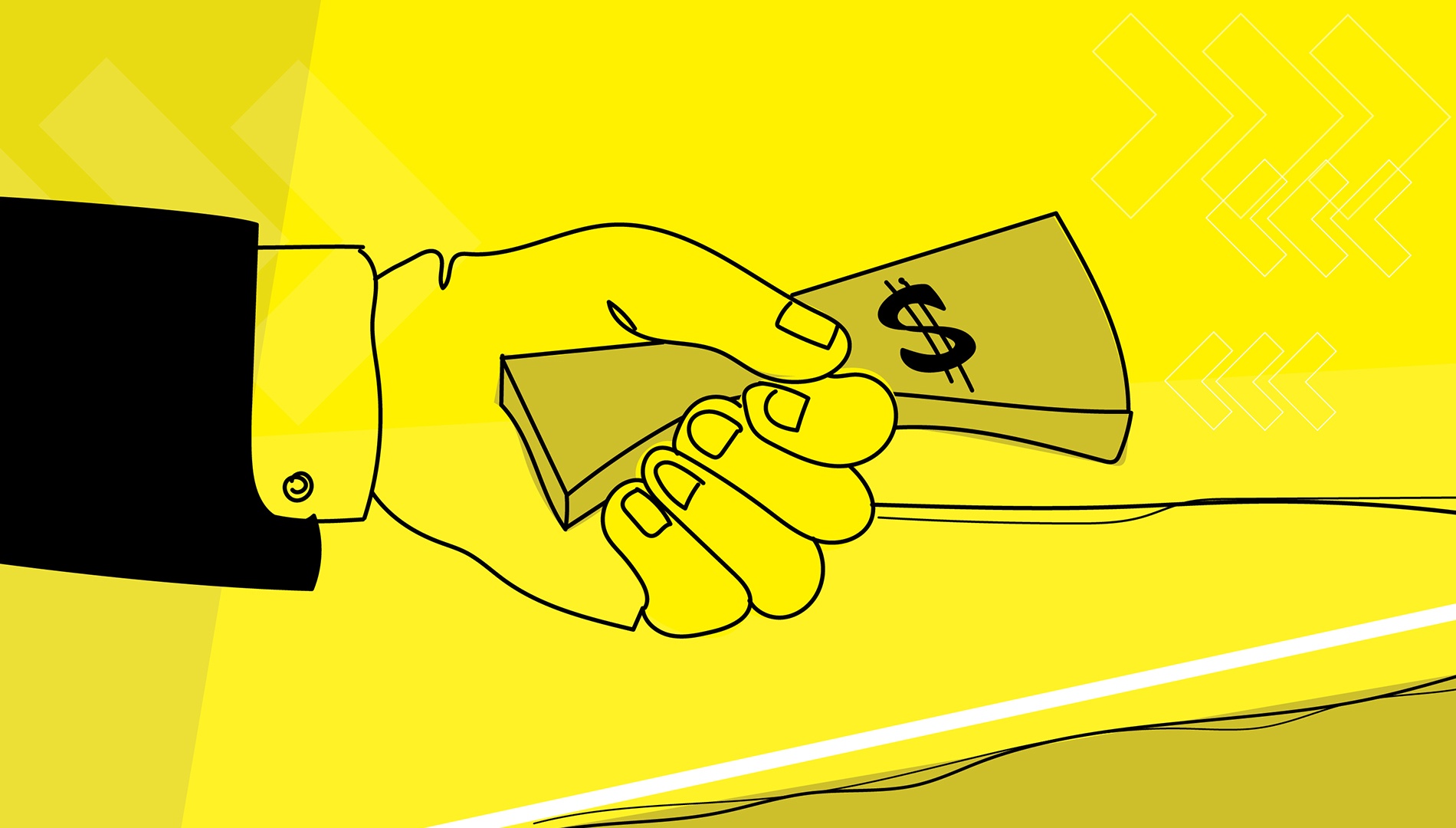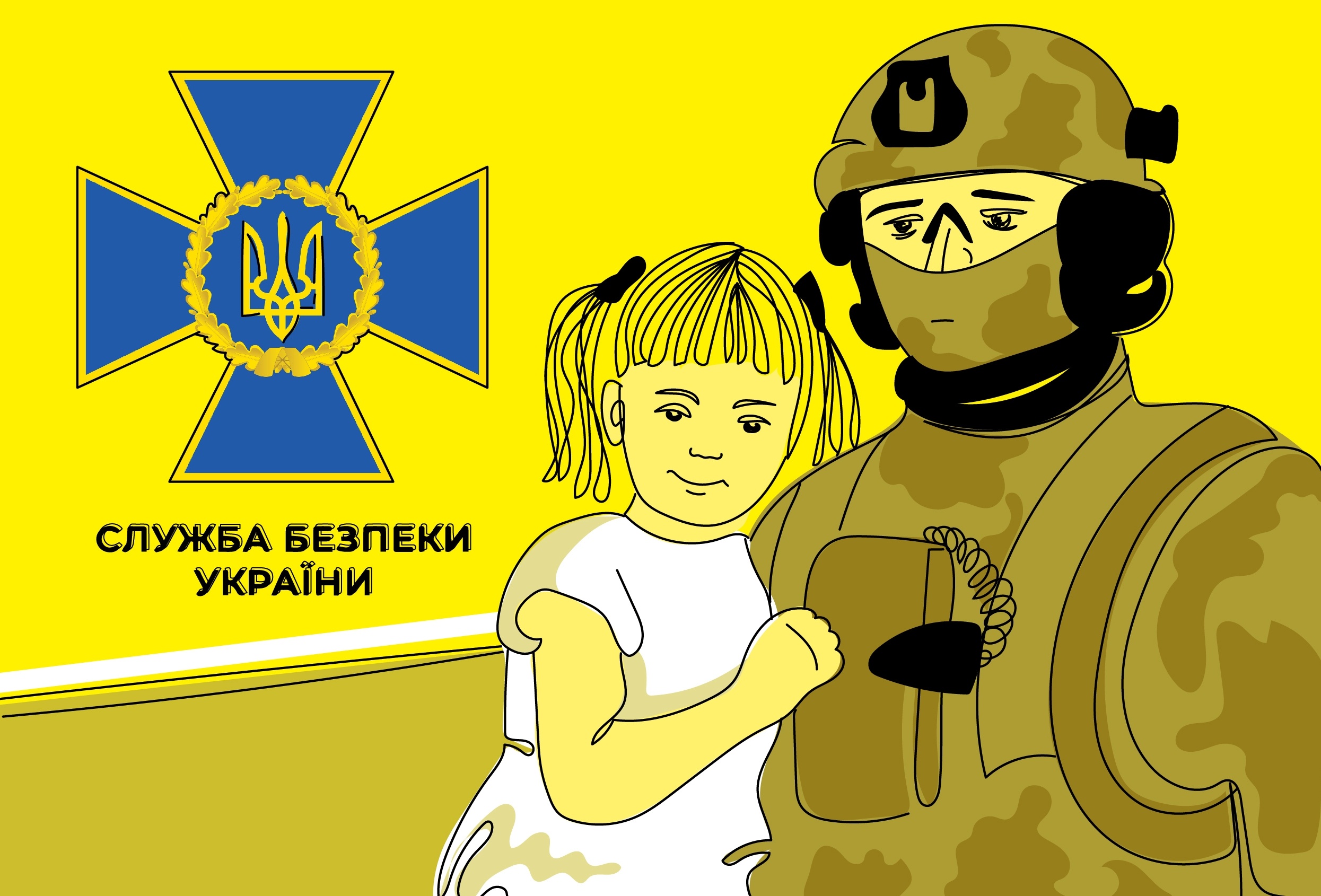 Quarantine strengthens the authorities’ power and weakens the opposition. The former gains more power and becomes a major player in overcoming the pandemic; the latter is marginalised, as any criticism from its part may be interpreted as an obstacle to those at the forefront of fighting COVID-19. This situation is typical in numerous countries with political pluralism. Furthermore, under pandemic conditions, no news can compete with the reports of the Ministry of Health, announcements by local governments on quarantine measures, or statistics released from a hospital about the number and status of infected patients. In terms of present realities in Ukraine, the situation is best captured by a joke currently circulating: if there was no pandemic, it would be worth inventing one. This is not a joke about conspiracy theories of the virus’s origin but instead relates to the fact that Ukrainian President Volodymyr Zelensky and his team can use the medical challenges of the pandemic to explain their previous failures in economic policy, slowing down of reforms, and unsuccessful personnel policy.
Quarantine strengthens the authorities’ power and weakens the opposition. The former gains more power and becomes a major player in overcoming the pandemic; the latter is marginalised, as any criticism from its part may be interpreted as an obstacle to those at the forefront of fighting COVID-19. This situation is typical in numerous countries with political pluralism. Furthermore, under pandemic conditions, no news can compete with the reports of the Ministry of Health, announcements by local governments on quarantine measures, or statistics released from a hospital about the number and status of infected patients. In terms of present realities in Ukraine, the situation is best captured by a joke currently circulating: if there was no pandemic, it would be worth inventing one. This is not a joke about conspiracy theories of the virus’s origin but instead relates to the fact that Ukrainian President Volodymyr Zelensky and his team can use the medical challenges of the pandemic to explain their previous failures in economic policy, slowing down of reforms, and unsuccessful personnel policy.
In March, before a state of emergency was declared in Ukraine due to the coronavirus pandemic, the peaceful initiatives of President Zelensky and his close associates were the top subjects in Ukraine. There was a big scandal relating to an attempt by Serhiy Sivokho, the now-fired advisor to National Security, and Defence Council (NSDC) Secretary Oleksiy Danilov, to introduce a “reconciliation platform” for the occupied Donbas region in Kyiv. Another scandal involved the signing of an agreement creating a “consultative council” with representatives of the so-called Luhansk People’s Republic (LNR) and Donetsk People’s Republic (DNR) in Minsk by Andriy Yermak, President Zelensky’s chief-of-staff. As was often the case, the street had to say the word: Ukraine could have faced mass protests initiated by parliamentary and non-parliamentary opposition forces had the introduction of quarantine not put an end to these intentions.
The only possible form of protest was the “Spring on Granite” demonstration near the Presidential Office on Bankova Street in Kyiv. This was essentially a one-woman protest by Yaryna Chornohuz, a 24-year-old paramedic volunteer of the Russian-Ukrainian war from the Medical Battalion of Hospitallers, whose boyfriend died on the front-line in January 2020. For two months now Yaryna has “besieged” President Zelensky’s office, demanding an end to the capitulation policy – namely the abolition of the consultative council on the settlement of the Donbas conflict. The Spring on Granite protest (the title refers to the student protests of 1990, which preceded Ukraine’s withdrawal from the USSR and the declaration of independence) has a lot of supporters, but due to the quarantine regime, no more than 10 people gather at the same time next to Yaryna Chornohuz. The media continues to cover the protest, and it enjoys wide support from users of social networks.
Since the relaxation of the sanitary requirements on 24 May, a number of protests of the Capitulation Resistance Movement have been held in Kyiv and other Ukrainian cities.
With the final lifting of quarantine measures, the actions of Yaryna Chornohuz have become a core and a boost for other protests. Since the relaxation of the sanitary requirements on 24 May, a number of protests of the Capitulation Resistance Movement have been held in Kyiv and other Ukrainian cities. Currently, the protests are not numerous. However, the protest season is considered open. The authorities have given enough reasons for this. Recently, the status of the Ukrainian delegation at the talks in Minsk was unilaterally raised, which may indicate Kyiv’s official tendency to accept the Russian interpretation of the events in Donbas not as an intervention by the Russian Federation, but as an internal Ukrainian conflict. In early April, a scandal erupted over the so-called Yermak records – leaked videos that appeared to show that the brother of the Head of the President’s Office traded with high-level positions. Veteran volunteers accused of killing journalist Pavlo Sheremet remain on trial: two of the three suspects have been in custody since December 2019, although no convincing evidence has yet been provided to establish their involvement in this high-profile crime. The National Bureau of Investigation alleges that former president Petro Poroshenko, the NSDC Secretary, and the commander of the Naval Forces carry responsibility for the November 2018 capture of Ukrainian sailors by the Russian Navy in the Kerch Strait. The case against volunteer Marusia Zvirobii and European Solidarity deputy Sofia Fedyna could have an unexpected result. A criminal investigation accusing Zvirobii and Fedyna of plotting to assassinate the Ukrainian president was launched after they were recorded on camera saying that the president “thinks that he is immortal.” Proceedings against the two commenced in March 2020 and the trial continues. However, the absurdity of the case against Zvirobii and Fedyna means the prosecution likely has no prospects of success, although such absurd accusations may eventually become a prelude to full-fledged political repression.
In opposition circles, the events of recent years are called revenge, that is, a return to the times of former president Viktor Yanukovych. Some of the symptoms are really evident. Yanukovych’s regime was openly hostile to the activist community and the independent media.
A criminal investigation accusing Zvirobii and Fedyna of plotting to assassinate the Ukrainian president was launched after they were recorded on camera saying that the president “thinks that he is immortal.”
The Prosecutor General was usually a “ram” in this conflict. Iryna Venedyktova, recently appointed to this position, openly confronted civil society. She reacted harshly to a protest held near her home: activists opposed the hasty completion of the investigation into the murder of Kateryna Gandziuk, a Kherson activist whose conflict with local organised crime led to an acid attack, which Gandziuk did not survive. In response, Venedyktova alleged that real human rights activists do not shout in the streets. Another scandal was caused by the Prosecutor General’s comment about another high-profile case – that of Odesa activist Serhii Sternenko, who survived three attacks in 2018. In the last attack, Sternenko injured one of his attackers, who later died in hospital. Pro-Russian politicians and the media under their control persistently portrayed Sternenko as “a murderer roaming freely without being punished.” In an interview with Ukrayinska Pravda, Iryna Venedyktova said that Sternenko would soon be investigated for the murder, but when her words attracted wide publicity, she changed her tone, claiming not to be very well acquainted with the case. Freedom of speech is also deteriorating: on 29 April 2020, Bohdan Kutepov, a Hromadske TV journalist, was attacked by police near the Cabinet of Ministers building. Oleksandr Dubynskyi, a pro-presidential party deputy, initiated criminal proceedings against Slidstvo-Info editor-in-chief Anna Babinets after she sent him a request for information relating to Dubinsky’s alleged contact with American politicians.
Recently, Ukrainian President Volodymyr Zelensky held a press conference marking his first year in office. Some media outlets and journalists have been denied accreditation (The Babel, Bykvu, Tyzhden, Skrypin, and Glavkom, for example). The justification for such a move was the need “not to violate sanitary norms and limit the number of participants.” By a strange coincidence, these outlets and journalists, which did not attend the press conference, are known for their criticism of the president from pro-Ukrainian and pro-European positions. Instead, some pro-Russian journalists had a chance to meet Zelensky and played the role of a “comfortable opposition.”
The current situation differs from Yanukovych’s time by the fact that Yanukovych’s regime waged a centralised war against civil society.
The current situation differs from Yanukovych’s time by the fact that Yanukovych’s regime waged a centralised war against civil society, commencing initiatives to introduce a law on foreign agents analogous to similar legislation in Russia. Today, pro-Russian forces try to do the same within their capabilities. The ruling Servant of the People party has a fully formed pro-Russian Fronde, mostly including deputies from the so-called Kolomoiskyi group (Buzhanskyi, Dubinskyi, etc.). This faction voices the myth of the representatives of Western-funded NMV, who allegedly work against Ukraine in the interests of the West, through the pro-Kremlin media. Former officials of Yanukovych’s regime have launched an active campaign to discredit Maidan. Lawsuits against activists, usually initiated by former Deputy President’s Chief-of-Staff Andriy Portnov, are being filed on a massive scale. One of the most significant is the lawsuit against Tetiana Chornovol, a former People’s Front deputy. The litigation accused Chornovol of killing an employee of the Party of Regions office in February 2014. Pro-Russian blogger Anatolii Sharii literally demonises the activist environment and even created a number of videos on YouTube, in which he, in the guise of Stalin, promises to “send [activists] to camps and shoot [them].”
It is clear that neither Sharii nor Portnov are representatives of the authorities. But they indirectly influence the information agenda in the country, which in turn affects the President, who has had problems with the veteran activist environment from the very beginning. President Zelensky also often voices pro-Russian narratives: in his speech on the anniversary of the events in Odesa on 2 May 2020, he called for answers to be found in response to the question of “who is to blame for the tragedy of May 2?” Until now, the official version of those events was based on the fact that pro-Russian activists were the first to open fire in Odesa, while police were inactive. Volodymyr Zelensky, who aspires to be “above the conflict,” obliterated this version. Thus, in this and other matters, he creates favourable conditions for the revanchists, which they use at every opportunity.
The appeal of the participants of the Revolution of Dignity to the President, in which they called for an end to the persecution of veterans and volunteers and the discrediting of Maidan, was a response to Yanukovych regime’s revenge.
The appeal of the participants of the Revolution of Dignity to the President, in which they called for an end to the persecution of veterans and volunteers and the discrediting of Maidan, was a response to Yanukovych regime’s revenge. Many figures, well-known for their pro-Ukrainian and pro-European positions, signed this document. When the quarantine regime is lifted, these demands may well be ventilated again during mass street protests. President Zelensky has unequivocally hinted that if the achievements of the Revolution of Dignity are wiped out, the Maidan may be repeated.
Stepan Nazarenko, Ukrainian journalist, publicist, volunteer. He worked on many well-known business media and TV channels.






 UA
UA FR
FR DE
DE
